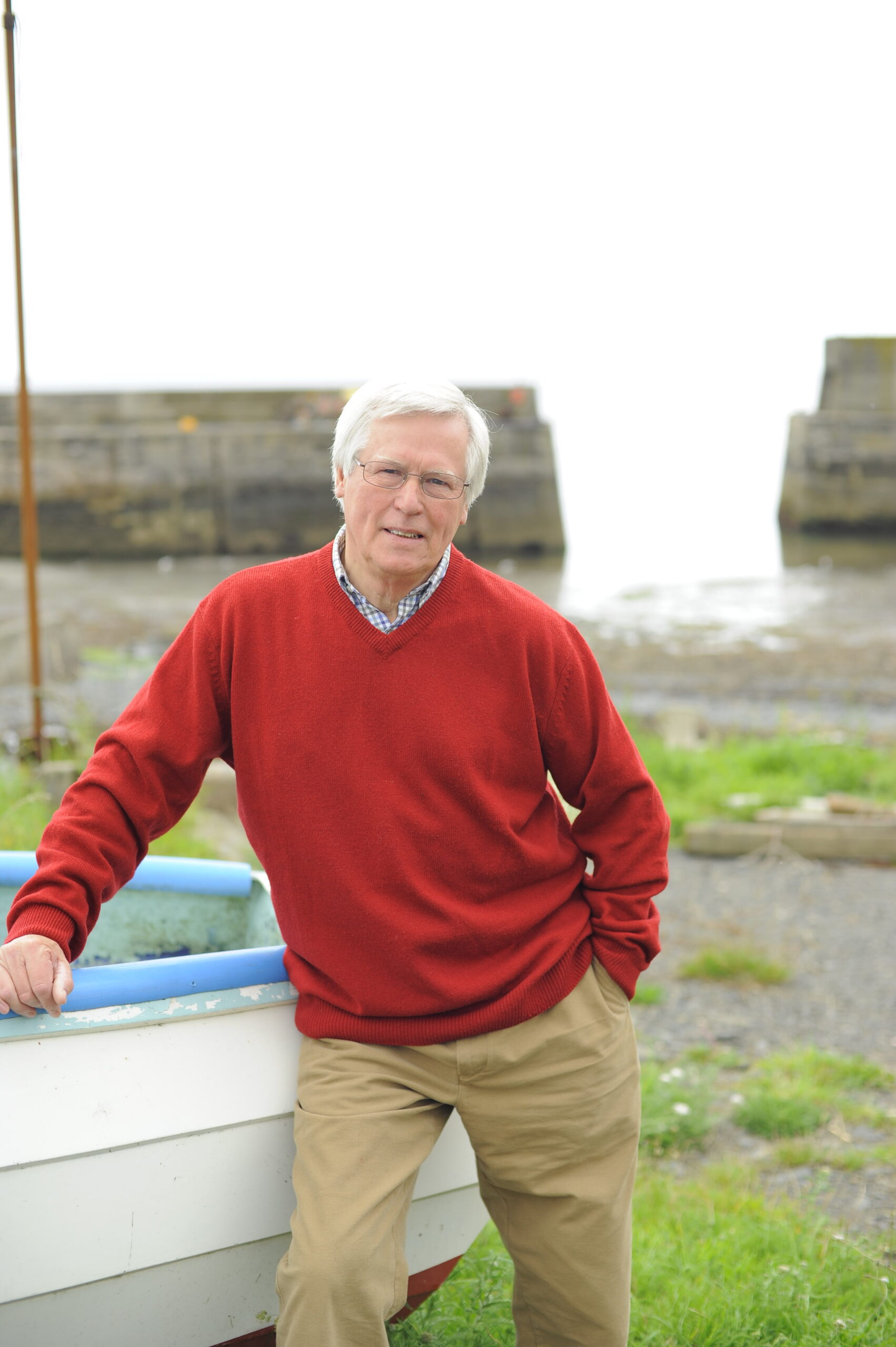In much–loved comedy series Round the Horne, one of my favourite characters was Rambling Syd Rumpo, played by Kenneth Williams – a rustic folk singer with risqué lyrics and a belief that “the answer lies in the soil”. How right Syd was, and today it’s no laughing matter.
The answer to the nation’s need for home-produced food – and a safer environment – lies firmly in the quality of our soil. But is it under pressure from modern farming methods? A House of Commons select committee has dug deep into the issue and warns that unless more action is taken, the Government will fail to meet its target of all soils being managed sustainably by 2030. It calls for tighter rules with greater scope to keep our soils healthy.
Poor Cinders
“Soil is a Cinderella environmental issue,” says Mary Creagh MP, chair of Environmental Audit Committee. “It doesn’t receive as much attention as air pollution, water quality or climate change. But, whether we realise it or not, society relies on healthy soil for our food, for flood prevention and storing carbon. Degradation may mean some of the most productive agricultural land becomes unprofitable within a generation.”
The committee found the UK’s arable soils have seen a worrying decline in carbon levels since 1978 with widespread, ongoing decline in peat soil carbon. Specific plans are needed to boost carbon levels to meet the targets signed at the Paris climate summit. And around 300,000 hectares are contaminated with toxic elements such as arsenic and lead as a result of the industrial past. Yet DEFRA has withdrawn funding to clean it up. MPs are calling for new funding at old levels.
All this comes as the UK gets set to leave the European Union and the countryside faces many unknowns. The Government relies on rules linked to EU farm subsidies to regulate the health of agricultural soil. The audit committee says these are “too weak, too loosely enforced and focus only on preventing further damage rather than encouraging restoration and improvement”.
Peter Melchett, policy director of the Soil Association, tells me: “It’s too soon to say what impact the current uncertainty will have on short-term action but in the medium and long term, whoever is in power and in or out of the EU, British soils will continue to decline unless resolute action is taken and maintained by governments over many years.”
The Soil Asssociation says all farmers should increase the plant and animal matter going back onto fields (an extra 20% over the next 20 years), covering bare soil with plants, reducing soil compaction from livestock and machinery, rotating crops and planting more trees.
The National Farmers’ Union says its members see soil as their most important asset. In 2014 alone, 72,000 hectares was put into voluntary soil protection through the Campaign for the Farmed Environment. Mark Pope, chair of the NFU’s Environment Forum, says: “Soil characteristics vary considerably in the UK, so there is no single method available to improve soil heath. Therefore the NFU endorses such schemes, where farmers are able to manage their soils through a fuller appreciation their land.”
British growers and farmers produce around 60% of our food. If the pound stays weak and imports expensive, then expect calls to step up home production. Would our degrading soil be able to cope with the extra demands? Just one reason why we need to take more care of this Cinderella beneath our feet.
Watch John on Countryfile on Sunday evenings on BBC One



